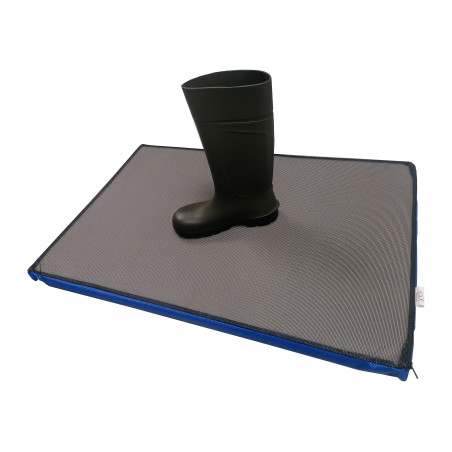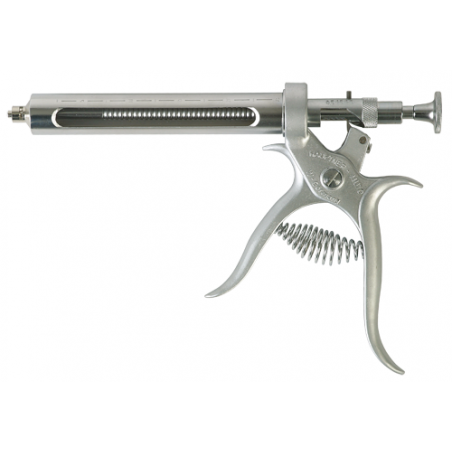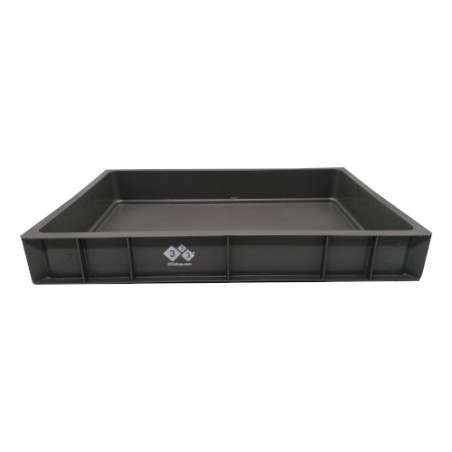Most studies that evaluated the viremia and serological response following vaccination were done using naïve pigs.These pigs usually become viremic and seropositive at about two and 10 to 14 days post vaccination, respectively. Field experiments conducted in Quebec suggest that maternal immunity can delay by weeks and even months the time when pigs vaccinated for PRRS become viremic and seroconvert to the vaccine. This was found to be the case in situations where pigs were vaccinated at 3-4 weeks of age or younger. The main objective of this study was to further investigate this issue and determine if vaccination of older pigs would induce an earlier viremia and seroconversion.
Seven days post weaning piglets were separated in 3 groups and placed in different pens in a two room building (1500 places total). Group 1 consisted of 5 naïves piglets with no maternal immunity. Group 2 was made up of piglets with low (average S/P ratio of 0.06) and high (average S/P ratio of 0.71) levels of maternal immunity, 5 piglets in each. Group 3 was made up like Group 2, with average S/P ratios of 0.06 and 0.53 for the low and high groups respectively. Piglets were vaccinated at either 14 (groups 1 and 2) or 28 (group 3) days post-weaning. The piglets vaccinated at 14 or 28 days post weaning were in two different rooms and were bled on days 7, 14, 15, 21, 28, 29, 35, 42 and 56 post weaning.

Viremia was first detected by PCR 7 days after vaccination in group 1 and in group 2 with low immunity, 14 days for group 3 and 28 days for group 2 with high immunity. Viremia occurs sooner in groups which have lower antibody titers (Group 1 Group 2 with low immunity Group 3 Group 2 with high immunity). Group 1 and group 2 with low immunity had seroconverted by 14 days post-vaccination. Group 2 with high immunity had a slight increase of antibody level 14 days post-vaccination. Group 3 with low and high immunity seroconverted by 14 and 28 days post-vaccination respectively. All ORF5 sequences from PCR positive sera were shown to be highly homologous to the vaccine strain, indicating that the results obtained were not associated with circulation of field strains.
The results suggest that within the limits of this study, piglets with various levels of maternal immunity and vaccinated at 14 to 28 days post weaning should become viremic and have seroconverted by 28 days post vaccination, allowing them to enter finishing units with the desired protection level. Other studies using more pigs and pigs with higher levels of maternal immunity should be conducted to help confirming this hypothesis.
Marie-Pier Labrecque; François Cardinal. Impact of PRRS vaccination timing in pigs with different maternal immunity levels. 2013. AASV Annual Meeting.






